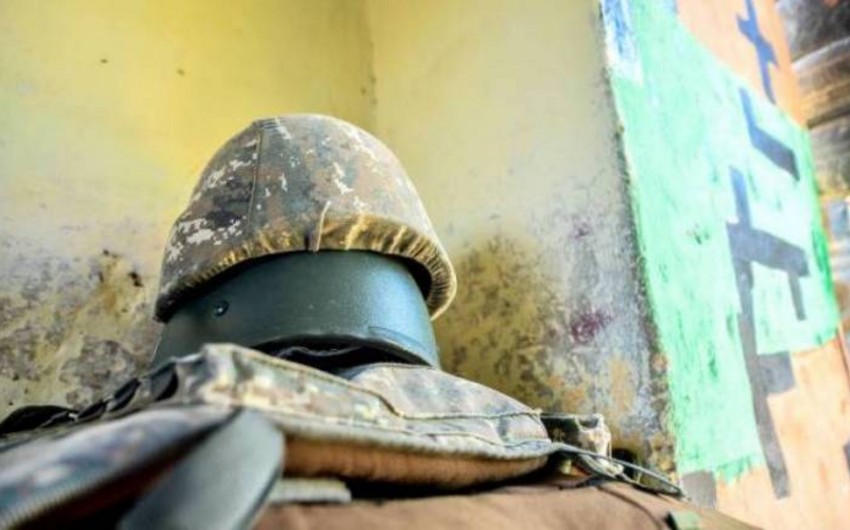Syunik Province Border Guard Incident Under Investigation: Forensic Findings and Legal Review

Investigation Launched: Syunik Province Border Guard Incident Under Scrutiny
Overview of the Situation in Syunik Province
A recent event has placed a spotlight on the military environment in Syunik Province following the reported death of a serviceman enlisted with the border protection forces. The national authorities confirmed that an official inquiry is actively unfolding in relation to this case. Procedures are in alignment with established legal frameworks, signaling a high-level response to incidents of this nature. The ongoing case has been registered in accordance with a specific regulation recognized under local criminal statutes, titled Article 522, which addresses circumstances involving neglect linked to the encouragement of self-harm among military personnel.
This announcement, issued by the investigative authorities, introduced a wave of official procedures, underscoring the importance and seriousness with which such cases are treated within the defense sector. These formal steps aim to offer clarity, transparency, and assurance to families as well as the public, while emphasizing the moral and legal obligations upheld throughout military service. The response further demonstrates systemic readiness to address challenging situations and uphold the rule of law in defense institutions.
Legal and Forensic Actions in Progress
In accordance with regulations, authorities have enlisted forensic expertise to thoroughly examine the circumstances and underlying causes of the incident. The legal backdrop against which these actions unfold highlights a framework that prioritizes due process and detailed scrutiny. Legal teams and forensic specialists have been mobilized to collect, document, and interpret critical evidence, maintaining adherence to procedural standards consistent with the country's investigatory system.
Special attention is being given to ensure that every aspect of the event is properly evaluated, from environmental conditions to personnel conduct, and any factors that may have contributed to the tragedy. The methodical approach by the responsible institutions reflects established international practices in conducting complex inquiries involving service members. Such diligence is essential to achieving accurate conclusions and preserving the integrity of subsequent recommendations or verdicts stemming from the inquiry.
Personnel Welfare and Institutional Response
The occurrence in Syunik Province brings forward core concepts deeply ingrained in the military context: service member welfare, operational oversight, and accountability. Incidents of this sensitivity evoke both immediate procedural responses and longer-term considerations about care systems, support channels, and oversight mechanisms within defensive organizations. These frameworks are periodically reviewed and refined to align with the evolving realities faced by modern border forces.
Military leadership and support agencies are actively monitoring the situation, reaffirming their dedication to safeguarding those who serve. The high-profile nature of this official response illustrates a commitment to transparency, reflecting best practices seen in other national defense structures. Such events routinely prompt comprehensive reviews, fostering conversations that evaluate everything from psychological support to supervision on deployment, ensuring ongoing protection and professional growth for enlistees and officers alike.
Contextual Understanding of Investigations in the Defense Sector
Critical events in national defense settings, particularly those involving personnel safety, invariably lead to structured institutional examinations. Across the globe, forces are developing and adapting legal pathways that not only address immediate incidents but also seek to improve the environment for future service members. The due diligence of ongoing investigations sends a signal to all stakeholders that personal well-being and rule of law remain at the forefront of official oversight.
From documentation through forensic analysis, every element of the current investigation is being handled according to best-practice protocols, ensuring impartiality and thoroughness. Such approaches help build broader confidence in military oversight while encouraging continuous evolution of care and support standards. Institutions engaged in these processes strive for an accurate understanding, placing a premium on both truth-finding and justice, to uphold the dignity of every individual who serves.
Safeguarding Standards and Ongoing Commitments
Episodes such as the one reported in Syunik Province often lead to calls for reinforced education, proactive intervention strategies, and robust support infrastructures for those in uniform. The mechanisms currently in place, including legal provisions for crisis situations, are part of a wider strategy to enhance resilience within the ranks. Attention to personnel challenges, particularly in high-stress operational roles, remains a crucial priority for ongoing policy development.
Institutional responsibility, transparency in communication, and comprehensive reviews form the core of competent responses to major incidents in defense. Public updates on procedural developments, such as the ordering of forensic examinations and initiation of official inquiries, play an essential role in maintaining trust between defense organizations and the communities they protect. The commitment exhibited by authorities serves to reassure families and the nation at large that safeguarding service members is always a paramount concern.
